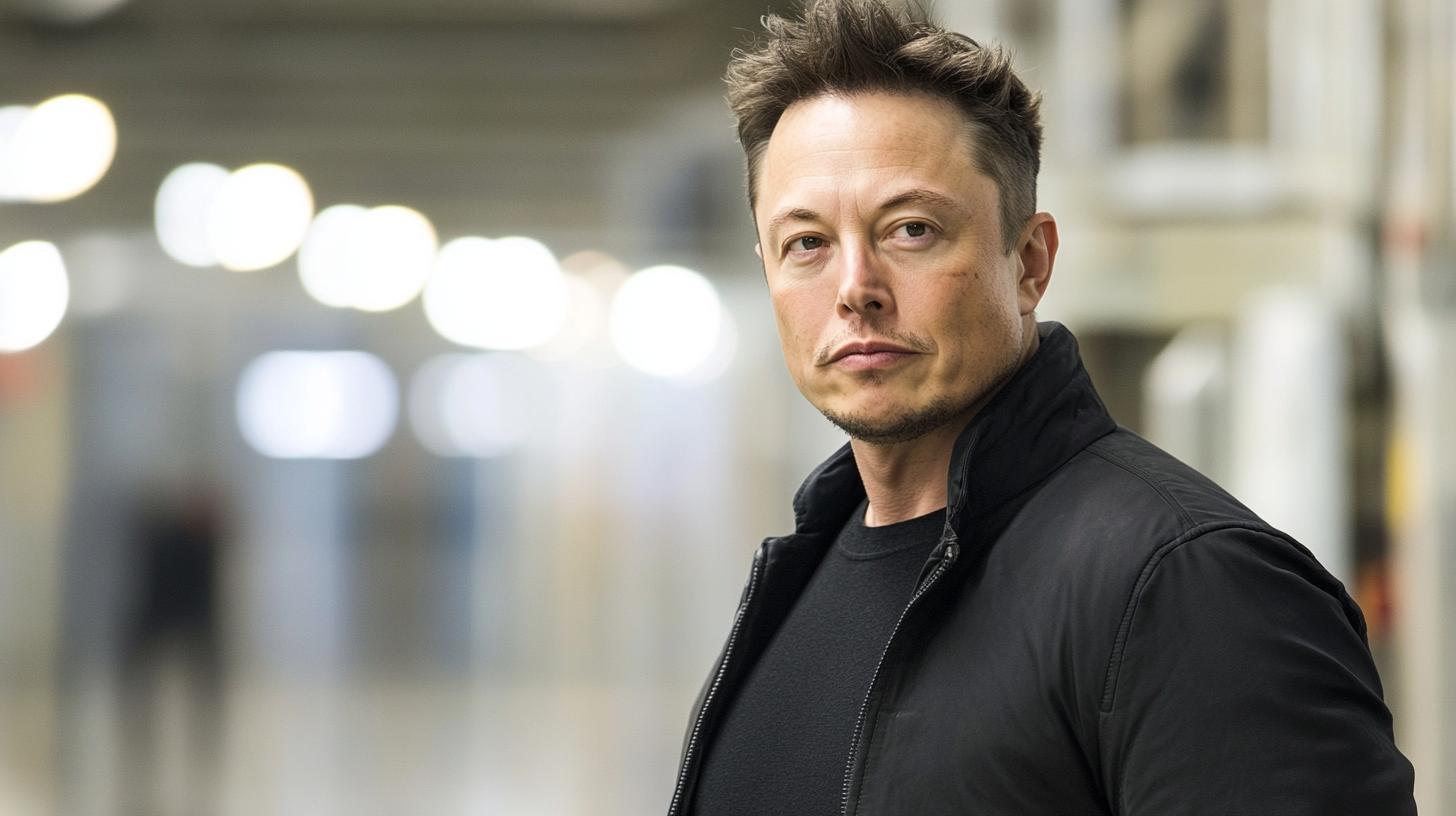Elon Musk has once again stirred the defense industry pot, turning his attention to the controversial F-35 program. Known for critiquing organizations he deems inefficient, Musk suggests that traditional piloted jets are becoming obsolete. He points to the F-35, a program notorious for exceeding budgets by $180 billion and grappling with delays and technical mishaps, as an example.
A declassified Pentagon report has highlighted persistent issues within the F-35 program. Among these are guns that lack accuracy, stealth features that degrade, and significant maintenance and cybersecurity challenges—troubles that persist despite nearly two decades of development.
Musk, advocating for modern warfare innovation, envisions a future dominated by remote-controlled aircraft and drones which promise reduced costs and risks. His voice on social media has gained traction possibly due to his forthcoming advisory role in the Department of Government Efficiency, where he will counsel on federal spending cuts.
The crux of the matter is whether Musk’s bold rhetoric will lead to action in a Trump administration that has previously lauded the F-35 as the best fighter jet globally, while simultaneously questioning its costs.
Musk has made significant impacts before, especially in the space sector, challenging the monopoly of United Launch Alliance. His influence led to a shakeup, forcing a move toward American-made engines for rockets. Could his focus on the F-35 spur similar changes?
While supporters within the Air Force and Pentagon remain steadfast, citing the F-35’s superior performance, the debate reveals broader questions about the future of warfare and defense spending priorities.
The Future of Aerial Warfare: Will Drones Replace Fighter Jets?
The debate around the F-35 program has taken a new twist with Elon Musk’s bold assertions about the obsolescence of traditional piloted jets. As the world increasingly embraces technological advancements, questions arise about the direction of military aviation and its impact on both global security and technological innovation.
Remote-Controlled Aircraft: The New Frontier?
Musk’s argument for the decline of piloted jets in favor of unmanned aerial vehicles (UAVs) and drones is grounded in a future of warfare that prioritizes cost-efficiency and reduced human risk. By shifting towards remote-controlled technology, militaries could leverage advancements in artificial intelligence, machine learning, and robotics to conduct operations that were once deemed impossible. This potential paradigm shift could reshape military strategies worldwide, pushing nations to reevaluate their defense priorities and investments.
Advantages and Disadvantages
The transition to drone warfare presents numerous advantages. Drones can operate in environments that are too dangerous for human pilots, offering a safer alternative. They also promise reduced maintenance costs and increased flexibility due to their smaller size and lack of onboard human life-support systems.
However, the disadvantages cannot be overlooked. The reliance on cyber systems exposes drones to potential hacking, posing a significant cybersecurity risk. Ethical concerns also arise regarding the decisions made by autonomous systems in conflict scenarios. Moreover, the absence of humans might lead to desensitization towards conflict and its consequences.
Interesting Facts and Controversies
The controversy surrounding the F-35 program isn’t just about technical issues and budget overruns. It’s a reflection of broader challenges in the defense sector. For instance, despite issues highlighted in a declassified Pentagon report, the F-35 program continues to command robust support in political and military circles, underscoring a complex web of defense contracts, jobs, and geopolitical considerations.
Musk’s critique challenges not only technological efficiency but also governmental spending practices. His upcoming role in the Department of Government Efficiency could pave the way for substantial policy shifts, potentially reallocating funds towards more cutting-edge technology development.
Impact on Humanity and Technology
The shift from piloted aircraft to drones is poised to influence several spheres beyond military applications. The commercial drone market is already seeing escalating growth, fostering advancements in sectors like logistics, agriculture, surveillance, and environmental monitoring. As military investments in drone technology grow, we can expect accelerated innovation and reduction in costs across these industries as well.
Are We Ready for a Drone-Dominated Future?
The question remains: Is the world ready for a future dominated by drones? Can we trust automated systems to make life-or-death decisions? And crucially, how will the international regulatory framework adapt to these fast-paced changes in military technology?
While the answers aren’t straightforward, it’s clear that the debate sparked by Musk’s critique is not merely technical but profoundly philosophical, touching on the fabric of modern warfare and the ethical use of technology.
For more on the future of technology and innovation, visit Wired and MIT Technology Review.



















